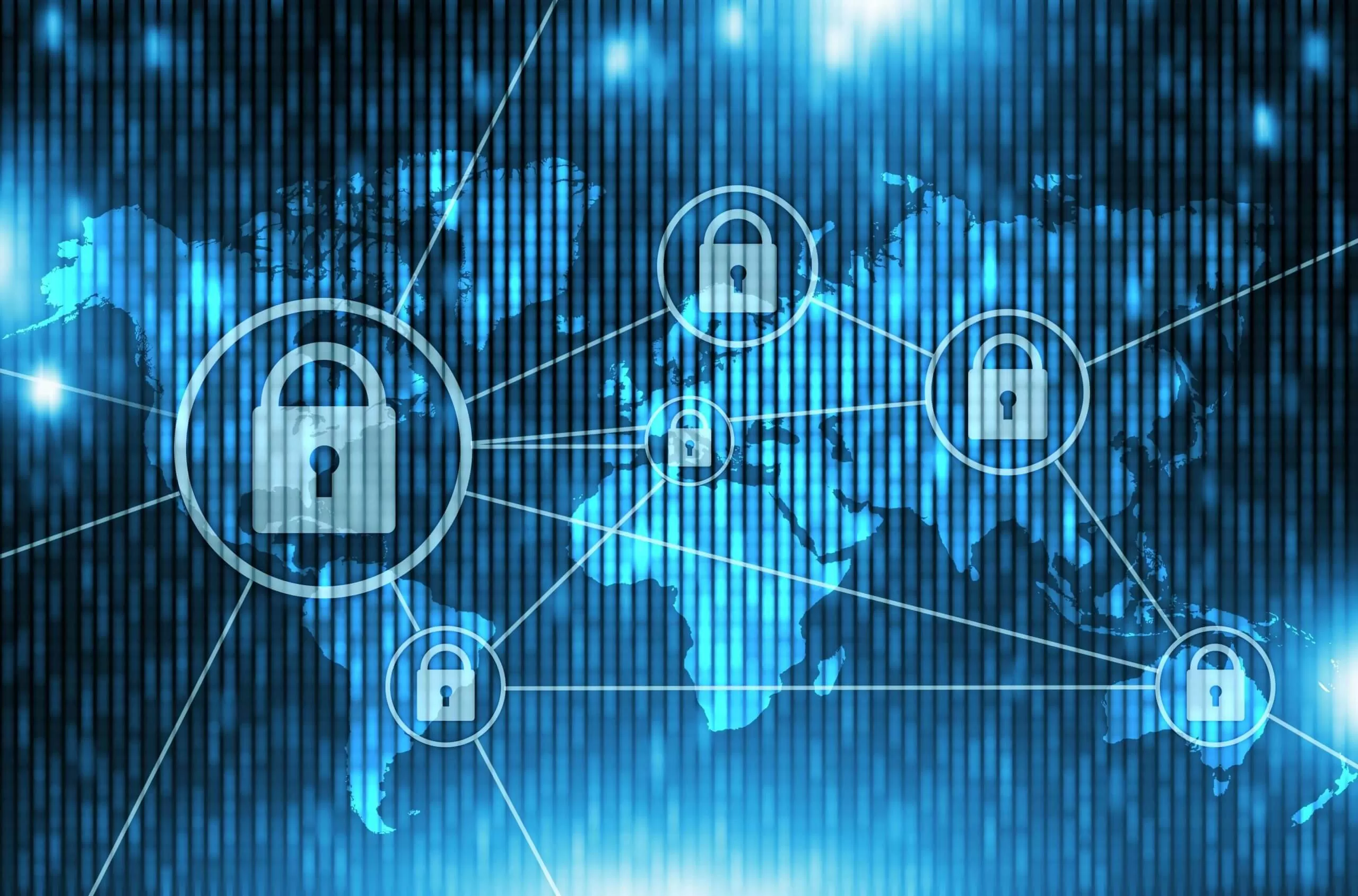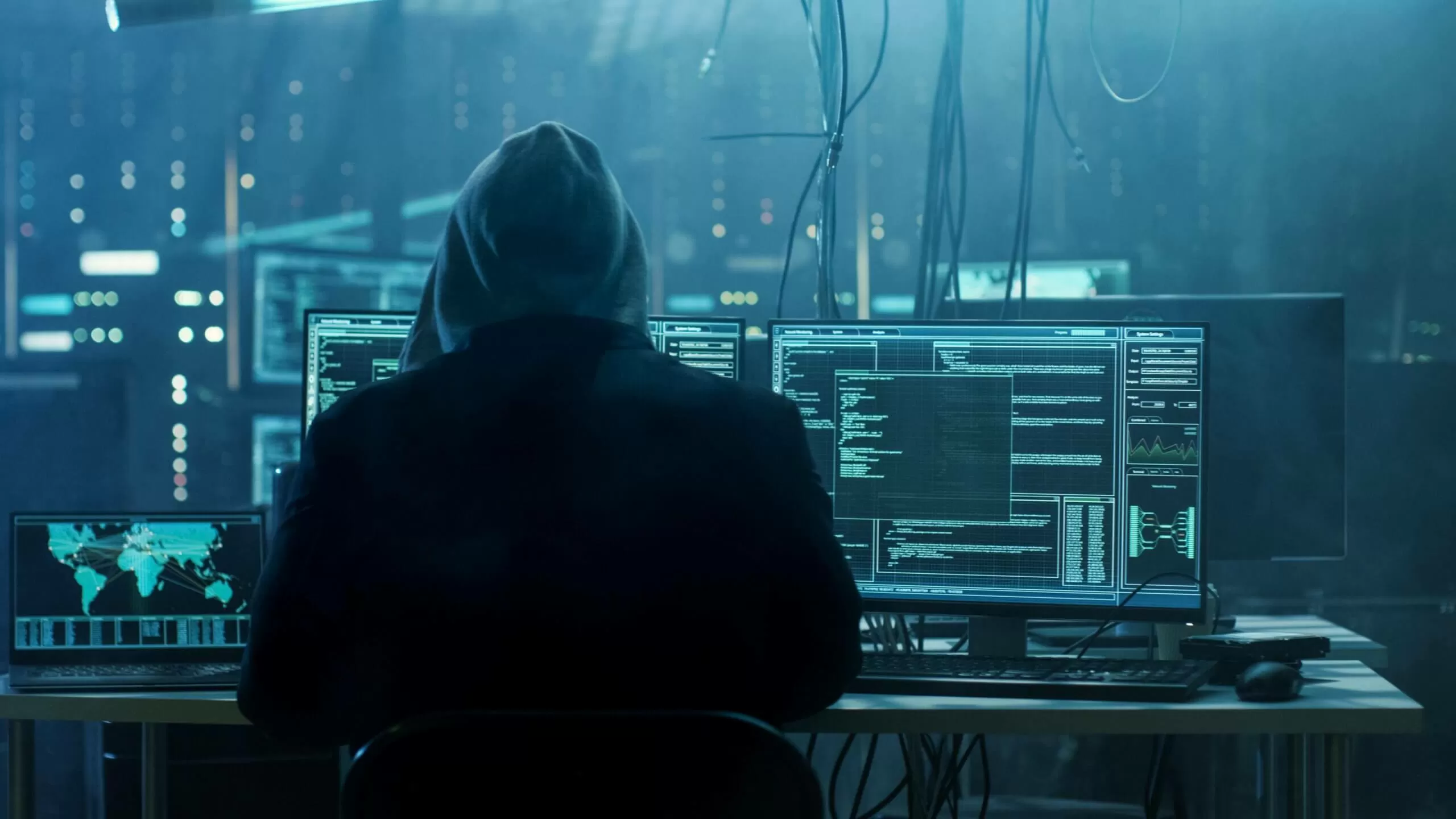A hot potato: Allowing authorities to access encrypted information through backdoors has long been a contentious issue. The conversation will doubtlessly be under the spotlight again after the US Department of Justice, alongside officials from six other countries, issued a statement calling for tech firms to create backdoors so law enforcement can access data once a warrant has been obtained.

The statement has been signed by government representatives from the US, UK, Canada, Australia, New Zealand, India, and Japan.
"Particular implementations of encryption technology, however, pose significant challenges to public safety, including to highly vulnerable members of our societies like sexually exploited children," it reads. "We urge the industry to address our serious concerns where encryption is applied in a way that wholly precludes any legal access to content."
The lengthy notice calls out technology companies for their responsibilities to protect users, adding that end-to-end encryption directly impacts this and creates severe risks to public safety. It requests access to encrypted messaging apps such as WhatsApp and locally stored data.

"Backdoors in encrypted services? I'm all for it," said this hacker
The document continues: "While this statement focuses on the challenges posed by end-to-end encryption, that commitment applies across the range of encrypted services available, including device encryption, custom encrypted applications and encryption across integrated platforms,"
The encryption debate dominated headlines back in 2016 when Apple refused to help the FBI unlock an iPhone 5c belonging to Syed Rizwan Farook—one of the San Bernardino shooters. The agency eventually used a third-party, rumored to be Israeli mobile forensics firm Cellebrite, at the cost of almost $900,000.
Earlier this year, a group of three senators proposed a new bill called the Lawful Access to Encrypted Data Act that would give law enforcement the ability to ask for access to encrypted data on a device based on "probable cause that a crime has occurred, authorizing law enforcement to search and seize the data."
Encryption is a real hot button issue. The majority of people, especially more tech-savvy users, are a lot happier knowing their data is safe, private, and can't be accessed. Governments, on the other hand, would rather nothing were inaccessible, and often appeal for change under the slightly cynical guise of protecting children and preventing terrorism.
https://www.techspot.com/news/87086-doj-six-us-allies-issue-statement-requesting-backdoors.html